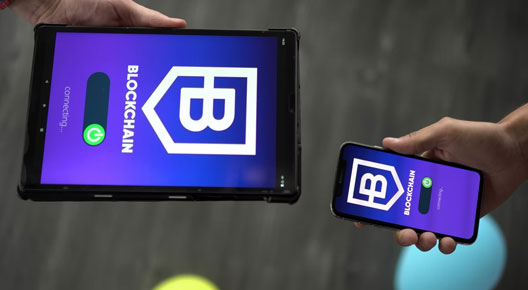Blockchain is the organizational infrastructure for emerging internet technologies. More than 50 percent of C-level officers integrate blockchain-based technology into operations. From PayPal to Visa, the digital ledger supports transactional banking and cryptocurrency services worldwide.
Visa’s foray into blockchain services for global banking opens the door for financial institutions to trade Bitcoin. Blockchain commercialized services are the next step, given the use of the technology is growing. Three barriers may slow the transition from legacy financial transactions to blockchain exchanges.

Expertise
It takes know-how to build a financial ecosystem based on new technology. Testing the competency of remote workers may prove easier than building a costly in-house blockchain team.
Partnering with industry experts is another way to craft custom blockchain solutions. Either way, there are limits to the number of trained professionals in Blockchain because it’s a new technology.
Legacy
New blockchain technology saves time and resources and accurately processes the exchange of information. Moving from a legacy system means using a digital gateway to communicate with blockchain data and develop a system, which operates better.

Infrastructure
Government agencies are working to establish a central bank for digital currency, which interoperates globally. Such an infrastructure improves ease of entry into the market for aspiring entrepreneurs and major players. Advancing technology development may help a wide range of digital markets to enhance innovation.
Like the birth of the internet, early entrants into the blockchain market are experiencing major success. As the technology behind cryptocurrency continues to grow, new advances will bring robust Blockchain global infrastructure to the mainstream.


